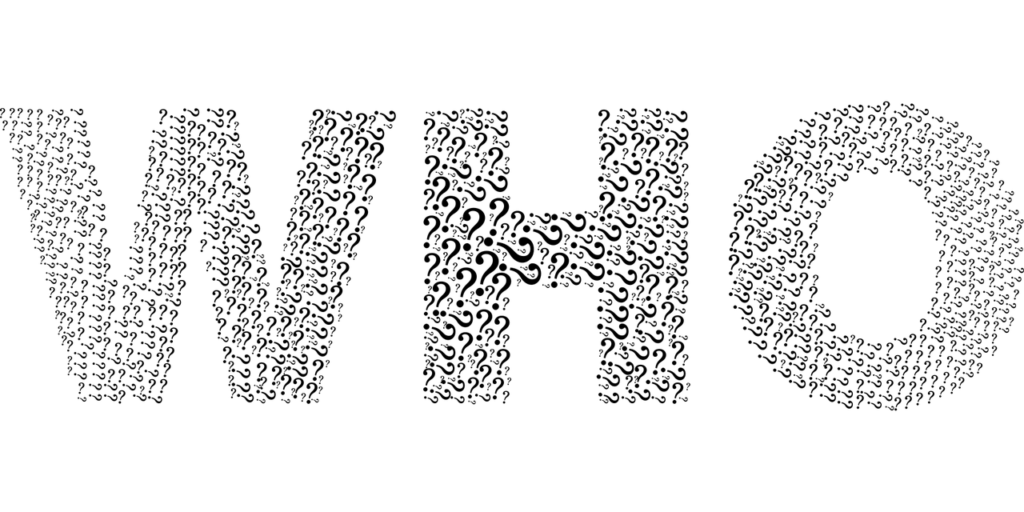WHO Declares Mpox A Global Public Health Emergency for the second time in two years…
The World Health Organization (WHO) has once again declared mpox a global public health emergency, marking the second time in two years.
This decision comes in response to a recent outbreak in the Democratic Republic of Congo (DRC) that has spread to neighboring countries.
On Wednesday, an emergency committee met to advise WHO Director-General Tedros Adhanom Ghebreyesus on whether this situation should be classified as a “Public Health Emergency of International Concern” (PHEIC).
RELATED: Hajdu says Vitamin-D COVID-19 protection is “fake news”
Tedros emphasized the urgency of a unified international effort to address the outbreak, noting that the detection of a new strain of mpox in eastern DRC and its spread to other countries is particularly troubling.
What is a PHEIC?
A Public Health Emergency of International Concern (PHEIC) is the WHO’s highest level of alert. It’s declared for serious, sudden, or unexpected health events that pose a risk across borders and require global coordination.
The aim of declaring a PHEIC is to boost research, funding, and international response efforts. Past PHEICs include the Ebola outbreak and the COVID-19 pandemic.
RELATED: Who Chief Declares End To Covid-19 As A Global Health Emergency
Background
In response to the growing mpox outbreak, the Africa CDC has declared a public health emergency for the continent.
Dr. Jean Kaseya, Director-General of Africa CDC, announced a plan to deploy 23 million vaccine doses in 2024, starting with 10 million doses next year.
He assured that efforts are underway to ensure vaccines are distributed effectively across African nations.
Additionally, the WHO is supporting the response by releasing $1 million from its Contingency Fund for Emergencies and is seeking an additional $15 million to enhance surveillance and response activities.
RELATED: Charlie Bird Shares ‘Good News’ Update Amid His Health Battle
Two mpox vaccines have been approved by national regulatory authorities and recommended by WHO’s Strategic Advisory Group of Experts on Immunisation (SAGE).
These vaccines will be distributed through Gavi and UNICEF, with the Emergency Use Listing process underway.

